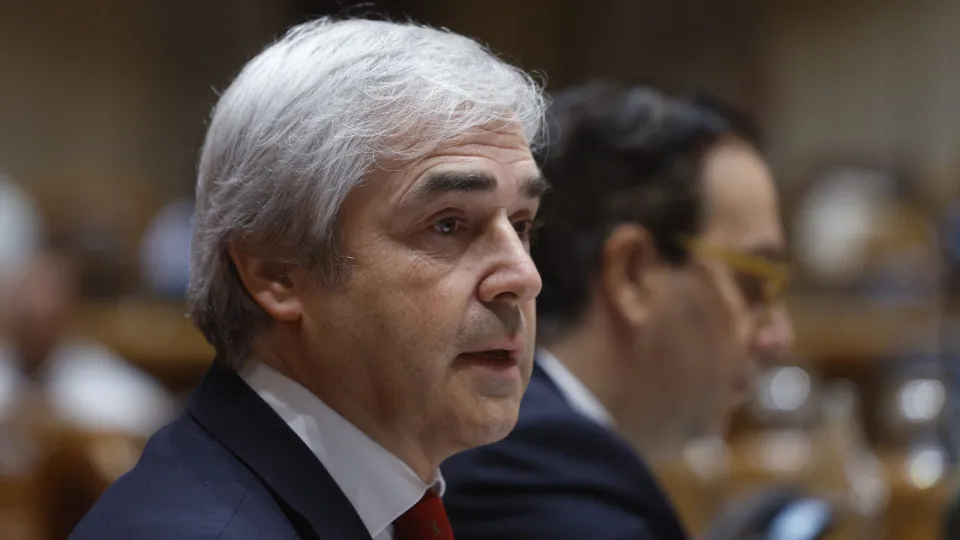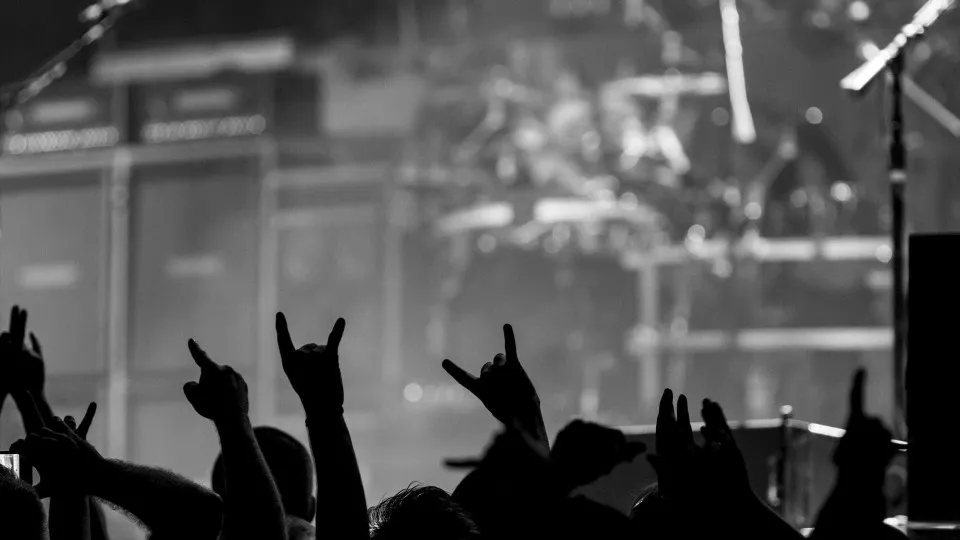
“I would not consider, as the Minister of National Defense, pursuing the acquisition of these equipment and advancing this military mission to support the civilian population without the Air Force first ensuring that it not only has the availability and willingness to do so, but also has military personnel ready to ensure it,” stated Nuno Melo.
In statements given at the solemn opening of the academic year at the National Defense Institute (IDN) in Lisbon, Nuno Melo was questioned about the Air Force’s readiness to assist in emergency medical missions—a mission it had undertaken this summer—through the purchase of four new Black Hawk helicopters, raising concerns about potential overburdening.
Nuno Melo dismissed such concerns, defending the PSD/CDS-PP executive’s decision, which is expected to cost approximately 32 million euros, funded by the Recovery and Resilience Plan (PRR), at eight million per unit.
The minister and president of the CDS-PP emphasized that “this investment is made thinking about what the Air Force can do on a complementary basis,” and clarified that the branch “doesn’t intend to be the vector of medical emergencies in Portugal.”
“Medical emergencies have a specific configuration and design dictated by a regulatory framework,” he noted, insisting that resources would be available if necessary.
As the suitability of these resources for medical emergency missions has been publicly debated, the official expressed hopes “that this political wavering, driven by an agenda, does not hinder a project measured by the lives it can save.”
Regarding other uses for the Black Hawk helicopters beyond medical emergencies, Nuno Melo mentioned that the Air Force has already received five out of a total of nine (which will become 13 with this investment) and highlighted their involvement “directly in fighting fires” or in other military support operations for the civilian population.
The minister argued that “acquiring an aircraft involves training pilots, purchasing parts, adapting infrastructure,” and that by opting to acquire four more Black Hawks, the executive is saving resources since infrastructure, parts, and trained pilots are already in place.
“And I ask: does anyone sane not want the state to have means that can assist people in times of need? What do some, particularly those who oppose today, prefer? That in the face of a failure, or when one occurs, the state can’t do anything?” he questioned.
Asked about the program marking the 50th anniversary of November 25, 1975, observed this month, and organized by a committee chaired by Lieutenant General Alípio Tomé Pinto, Nuno Melo stated that initiatives will begin this month and extend into the middle of next year.
This “set of initiatives,” he added, will include military ceremonies, podcasts, a documentary, and book publications, featuring testimonies and interviews that are still being collected.
In his speech during the ceremonial opening of the academic year at the IDN, Nuno Melo emphasized that the geopolitical context has made investment in Defense an “imperative,” and “as Europe neither wants nor can remain between power and impotence, Europeans have decided to strengthen Defense capabilities, a process in which Portugal is playing its part.”
“Health is absolutely fundamental, housing naturally, the country must have education, must have industry, but it also needs security and Defense, which are, I would say, the basis of everything. Without security and Defense, everything else risks collapsing,” he argued.




